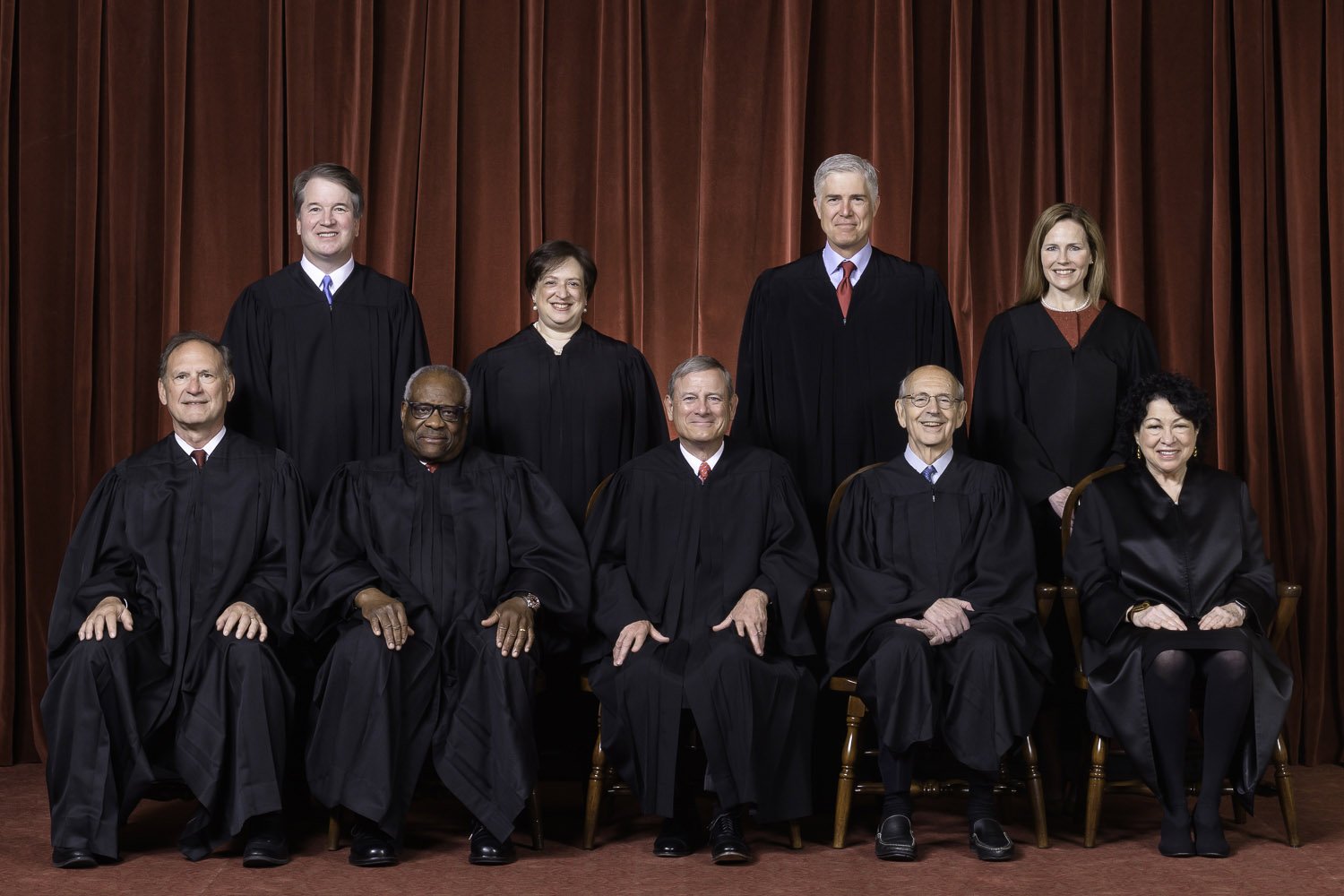States now have concurrent authority to prosecute non-Indians for crimes against Indians in Indian Country.
Prior to today’s ruling, on many reservations, only the federal government could. Considering that this was already the state of the law with “victimless” crimes under United States v. McBratney, 104 U.S. 621 (1881), and other tribes are already subject to state criminal jurisdiction by operation of other federal statutes, today’s decision will not change the landscape for every tribe.
Still, this is a massive expansion of state authority in tribal territory. The Court’s approval of state incursions into Indian Country necessarily diminishes tribal sovereignty.
A few other observations:
Justice Kavanaugh’s framing of tribal jurisdictions as state “territory” does not bode well for tribal sovereignty before the Court. Plan to see cites to this in future taxation, civil jurisdiction, and other cases.
Justice Gorsuch’s penchant for historical analysis couldn’t persuade any of the originalists to join him.
Brackeen may give us our next opportunity to see if history will move Gorsuch and another justice to protect tribal interests. I doubt it will.
The Court did not reverse McGirt v. Oklahoma. Given the Court’s fleeting interest in stare decisis, I suppose this is notable. Especially since Oklahoma sought to dispense with the 2020 case.
For Tribes in states like Oregon where Tribal police can exercise state law enforcement authority, Tribes have an additional charging route for non-Indian on Indian crimes: state court.
Either Justice Kavanaugh does not know how to apply Bracker or I don’t. Today was the day I learned that the Bracker balancing test has any relevance in the criminal context.
Anthony Broadman is a partner at Galanda Broadman PLLC: anthony@galandabroadman.com





